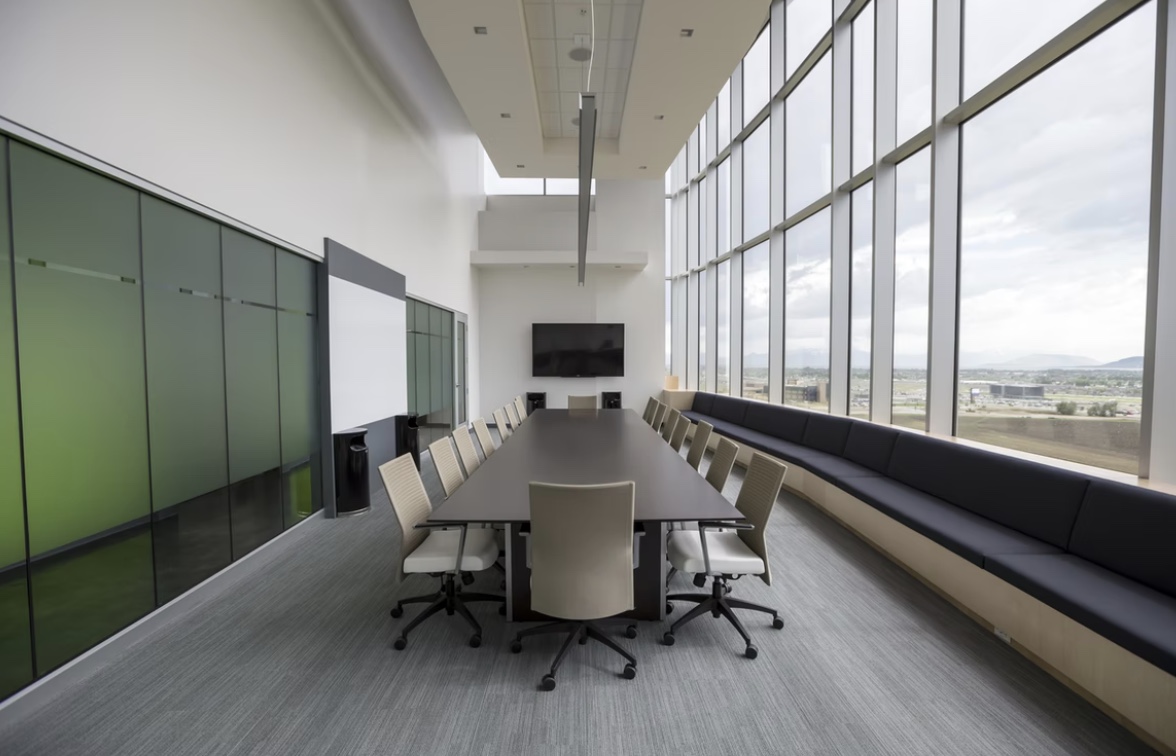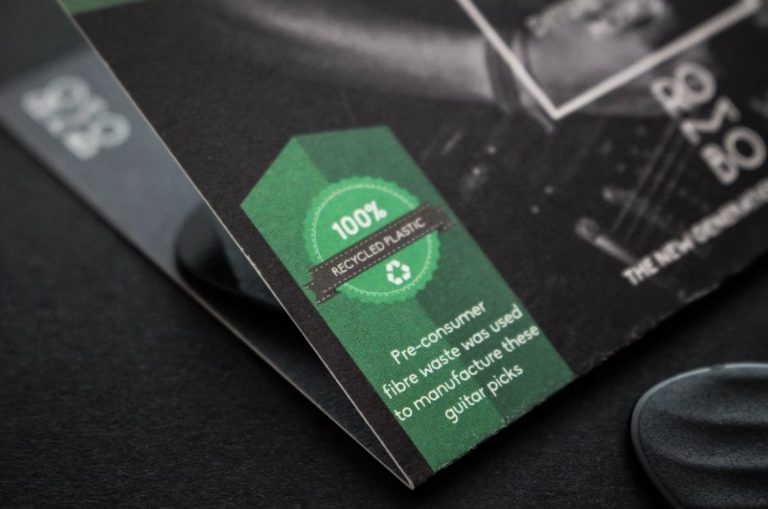As a civilization, we don’t appear to be moving fast enough to avert the global climate catastrophe. There appear to be numerous disputes circulating over who bears accountability. Is it the world’s governments, major businesses, or citizens who are to blame? The most likely explanation is a blend of all of the factors listed above. Climate change is a serious threat, but there are steps everyone of us can take in order to lessen its impact.
If you own a company, environmental considerations should be at the top of your priority list. Whatever sector of business you’re in, there are techniques to lessen the negative influence your business has on the planet. Here are some steps you may take to ensure that your business is environmentally friendly.
Story Stages
A paperless workplace
In order to build a more environmentally friendly workplace, you should make going paperless a priority. Because of technological advancements and the simplicity of software and apps, there is no longer a need to print anything anymore. By leveraging the cloud, you can ensure the security of all of your data, eliminating the need for physical backups. It doesn’t matter what happens to your hard drive; all of your data may still be viewed from any machine that you log into.
Keeping this in mind, your office may not even require a printer. Your memos can be emailed or distributed to your colleagues via group communication tools like the Slack app.
Encourage your employees to use notepad apps on their computers if they need to jot down anything important during a meeting or presentation. You won’t have to rummage through your desk for that scrap of paper on which you scribbled a number; instead, you’ll have a digital trail.
When you contemplate how much money you would save by not using any paper, you will question why you ever spent so much money on it in the first place.
Turn it off.
Turn off computers and lights while not in use. The amount of energy you will waste by failing to turn off electrical appliances while they are not in use is significant. Foster a system of accountability in your office, where everyone is held accountable for making sure that lights and equipment are not left on when they are not in use. You should also embrace green IT practices in your business and look into further ways you can go green when it comes to using equipment and technology that’s guzzling energy when you work.
You might want to think about putting your lights on timers. This is an effective approach to ensure that lights are not turned on when they should not be. Installing a last man out switch, which will turn off all of the lights in a facility, is another option you could consider.
Change your service providers
If you are not already a customer of a business that provides you with 100 percent renewable energy, you should consider switching immediately. There is no need to be associated with a company that relies on nonrenewable resources when there are so many organizations available that can provide clean energy.
On the other hand, custom eco-friendly boxes are a simple solution for businesses to reduce their environmental footprint and transition to greener operations. Not only are custom mailer boxes made with renewable, recyclable resources, but they can also cut down on the number of packaging materials required each time you ship a product or service. Arka custom printed mailer boxes use fewer materials, reducing waste and helping to conserve natural resources. Making these boxes part of regular shipping processes is also beneficial in that it reduces trucking trips, saving fuel and creating less pollution. And because custom-printed mailer boxes are lightweight and strong, they will provide better protection for fragile items while cutting back on the shipping radius needed.
You might even save a little money as a result, which is always a plus.
Making use of nature
Increasing the health advantages of your workplace is as simple as adding plants to your office and making the most of any garden or outdoor space you have to encourage a greener business.
For example, in the office, the air might become stifling and even dirty at times. The use of a variety of plants in the workplace will help to purify the air by reducing carbon dioxide levels and raising humidity levels.
Adding a variety of plants to your business’s interior garden will also provide a relaxing, on-trend touch. This is supposed to have a beneficial effect on everyone in your building.
Equally, utilising any outdoor area, such as a grass area, garden, terrace, or balcony, to provide an accessible natural setting for breaks and lunchtime will help employees reduce stress and increase productivity.
Drinks should be reconsidered
The drinks you buy for yourself (and your employees) have an impact on how green your company is. You could, for example, invest in a water dispenser and utilise reusable glasses and cups instead of buying bottled and canned drinks. Packaging waste will be reduced as a result of this.
Cutting out sugary and caffeinated canned and bottled beverages would not only benefit the environment, but it will also encourage employees to drink more water at work.

Reducing, reusing, and recycling
Determine what may be recycled in your community and ensure that your organisation is completely committed to recycling everything possible. If you want your employees to support your recycling pledge, you must make it as simple as possible for them to do so. Therefore, ensure that you have a suitable number of clearly labelled bins. Have some clear directions on how to dispose of recyclable things.
Review transportation with your team.
Take a look at how your employees get to and from the office. For some employees, cycling to work may be a viable alternative mode of transportation. If they don’t have a bike, see if you can start a cycling programme at your company. You may form a partnership with local organisations or bicycle shops to see if you can come up with a solution that meets your needs.
Carpooling is also an excellent idea, and it works especially effectively when multiple employees live near each other or commute on the same route.
Create an accountability culture
When it comes to environmental issues, one of the most fundamental challenges is the sense of disengagement that so many people have because they believe that it is not their problem to address. You’ll be able to get your employees on board and support your company’s green initiatives if you can find strategies to combat indifference when it arises and build a sense of purpose in them.
